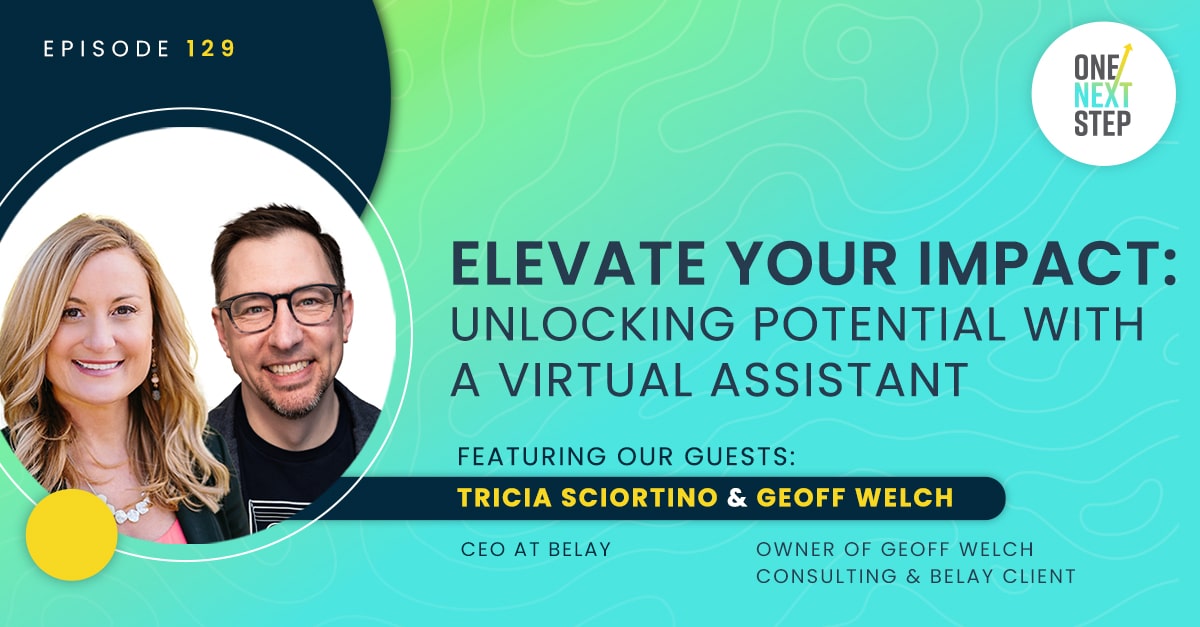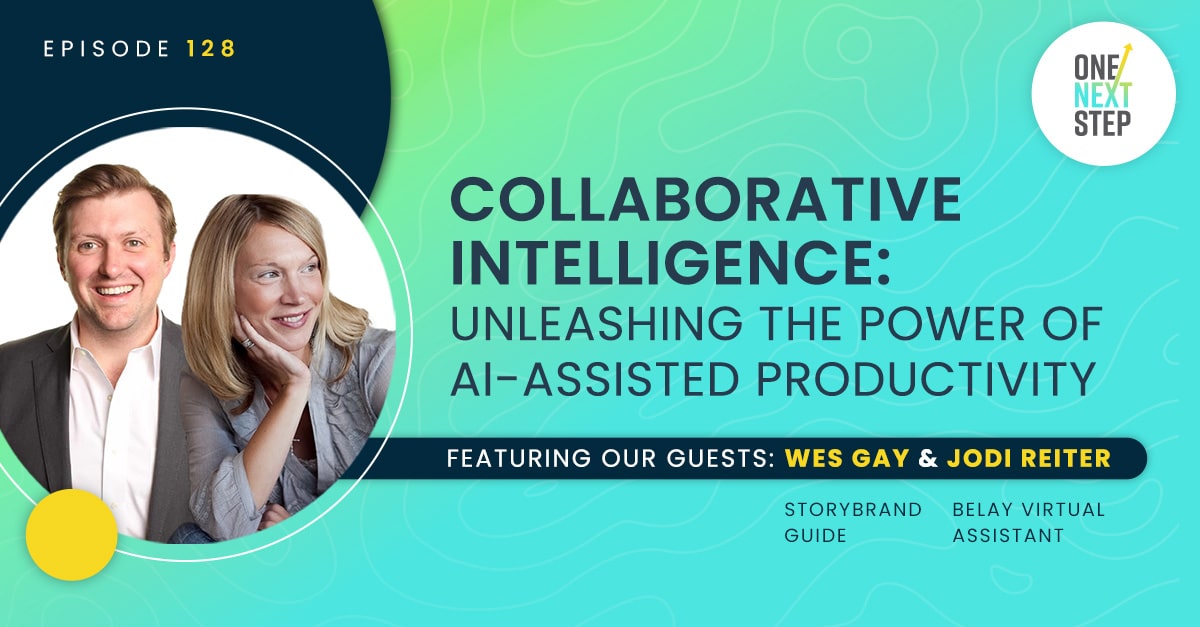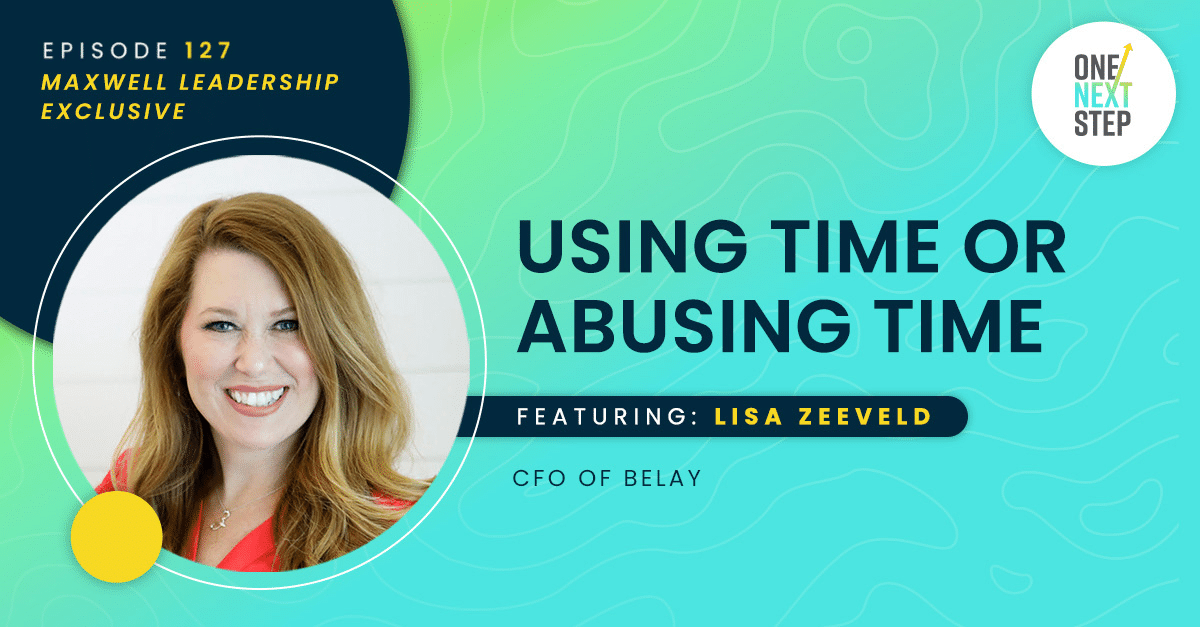Diversity and inclusion are related, but they’re not the same thing. Diversity is the act of having a variety of people on your team. Inclusion takes it a step further by fostering an environment with processes that nurture, leverage and celebrate these differences for the improvement of the organization. As Dethra describes it, diversity is like a produce section with lots of different fruits in one place, but inclusion is more like a fruit salad, where each individual fruit maintains its flavor and works cohesively together for a better end.
Leaders must accept the following three things as they attempt to develop diverse and inclusive organization:
- It’s an uncomfortable conversation for everyone. Remember, almost everyone in your organization has been told race, religion and politics have no place in the workplace even if they affect it. Also, most conversations associated with these topics are tense and divisive so people will be nervous about opening up. By owning and vocalizing the discomfort, you’ll help others overcome their discomfort as well.
- There is no perfect way to handle it, and you’re going to make mistakes. Public, official conversations about ethnic, gender or generational diversity in your organization are likely rare, which means no one internally will be an expert. Expect missteps, listen carefully and empathetically, communicate and apologize openly, course correct quickly, and keep moving forward. Don’t let perfection prevent progress in your organization.
- We, as leaders, haven’t built the historical credibility to have this conversation and navigate it well. As you do this work, the organization’s or specific leaders’ past behaviors will be called into question by your team and likely by you. (Even some of your past behaviors may be discussed.) Ways in which diversity and inclusion have been prevented will be exposed. While it may be disheartening to hear, this is why you’re doing what you’re doing. You’ll want to defend or explain your behaviors. Resist the urge. First, listen to learn. If you don’t understand, ask clarifying questions like, ‘What would you have liked me or the organization to do differently? What specifically about that situation affected you negatively?’ It’s possible that you unknowingly offended someone, your well-meaning behavior had unintended consequences, or you simply were unaware of something that happened in the organization. Regardless, you’re building credibility in the future by how you handle things today. Grow from where you are.
Our focus is turning conversations into commitments and commitments into outcomes. Without a plan of action, all of your efforts will not only be wasted, but they’ll have the potential of undermining your team’s belief in your sincerity, which could affect their trust in you. To effectively take action, follow these best practices:
- Assess your organization and identify the gaps.
- Make specific, measurable, and time-bound commitments.
- Communicate realistic long-term and short-terms expectations.
- Show empathy for your team members’ impatience.



